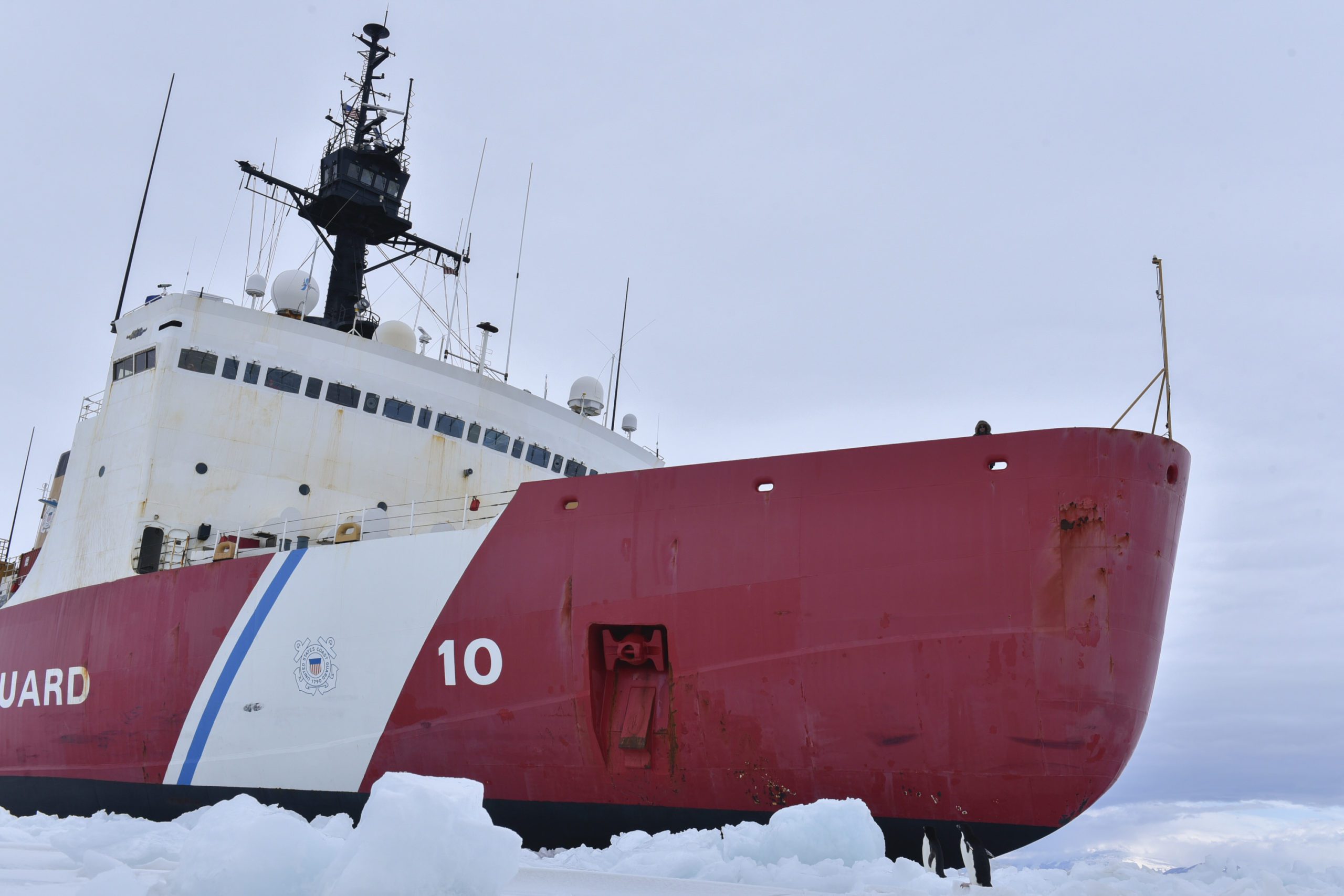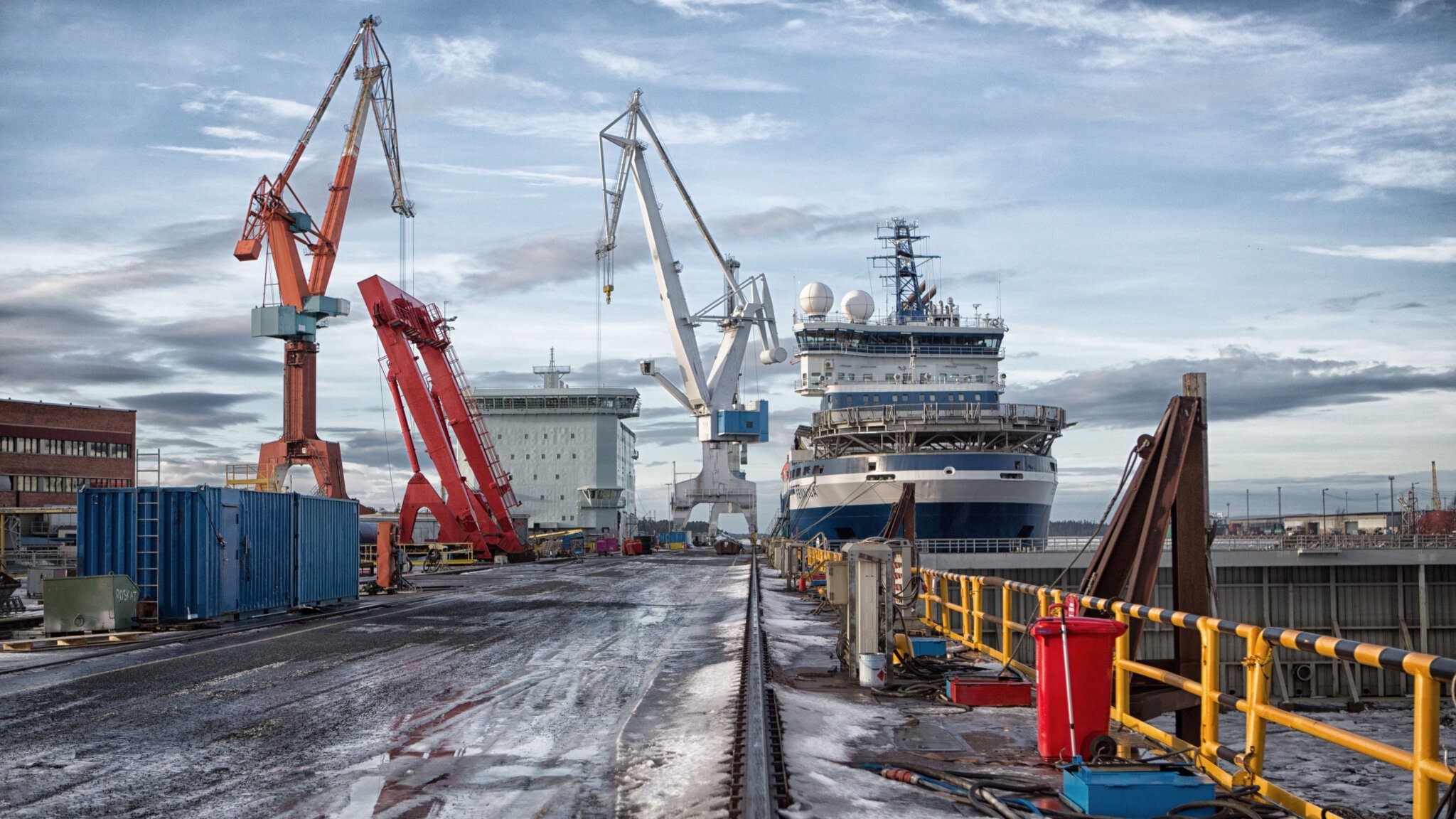The US Coast Guard icebreaker Polar Star reached a position of 78 degrees, 44 minutes, 1.32 seconds south latitude in February holding a distance of approximately 500 yards from the edge of the Ross Ice Shelf, further south than the current Guinness World Record holder.
While underway, Polar Star sailed in waters previously charted as part of the ice shelf that are now navigable waters. Today, portions of the Ross Ice Shelf deviate approximately 12 nautical miles from the positions depicted on official charts.During Polar Star’s transit to and from the Bay of Whales,
The ship surveyed 396 nautical miles of the ice shelf for potential future navigational use.Crewmembers aboard the cutter are working with the staff at Guinness World Records to officially become the new record holders.
Also Read: Meet The First In A New Generation Of US Coast Guard Ice Pilots
This record is a significant acheivement for a 46 year old ship that’s been plagued by recent failures most notably, in 2019, the 150-member crew of the U.S. Coast Guard Cutter Polar Star fought a fire that broke out in the ship’s incinerator room about 650 miles north of McMurdo Sound, Antarctica.
In 1997, CGC Polar Sea , Polar Star’s sister ship and previous record holder, reached 78 degrees, 29 minutes south latitude. The Polar Sea has been out of service as of 2010 due to failure of five of her six Alco main diesel engines, making the Polar Star, the United State’s only operational heavy icebreaker.
In 1908, Ernest Shackleton gave the Bay of Whales its name during the Nimrod Expedition on the basis of the numerous whales he and his crew sighted. Three years later, Roald Amundsen established a base camp in the bay, from which he set out on his successful endeavor to become the first person to reach the South Pole. Years later, U.S. Navy Rear Adm. Richard E. Byrd established Little America in the Bay of Whales during his first, second, and third Antarctic Expeditions, exploring more than 60% of the Antarctic continent.
“The crew of Polar Star is proud to follow in the footsteps of legendary Antarctic explorers like Shackleton, Amundsen, and Byrd,” said Capt. William Woityra, commanding officer of Polar Star. “Even today, more than a century later, we carry on that legacy of exploration, reaching new places, and expanding human understanding of our planet.”
Sign up for our newsletter

 Join The Club
Join The Club











